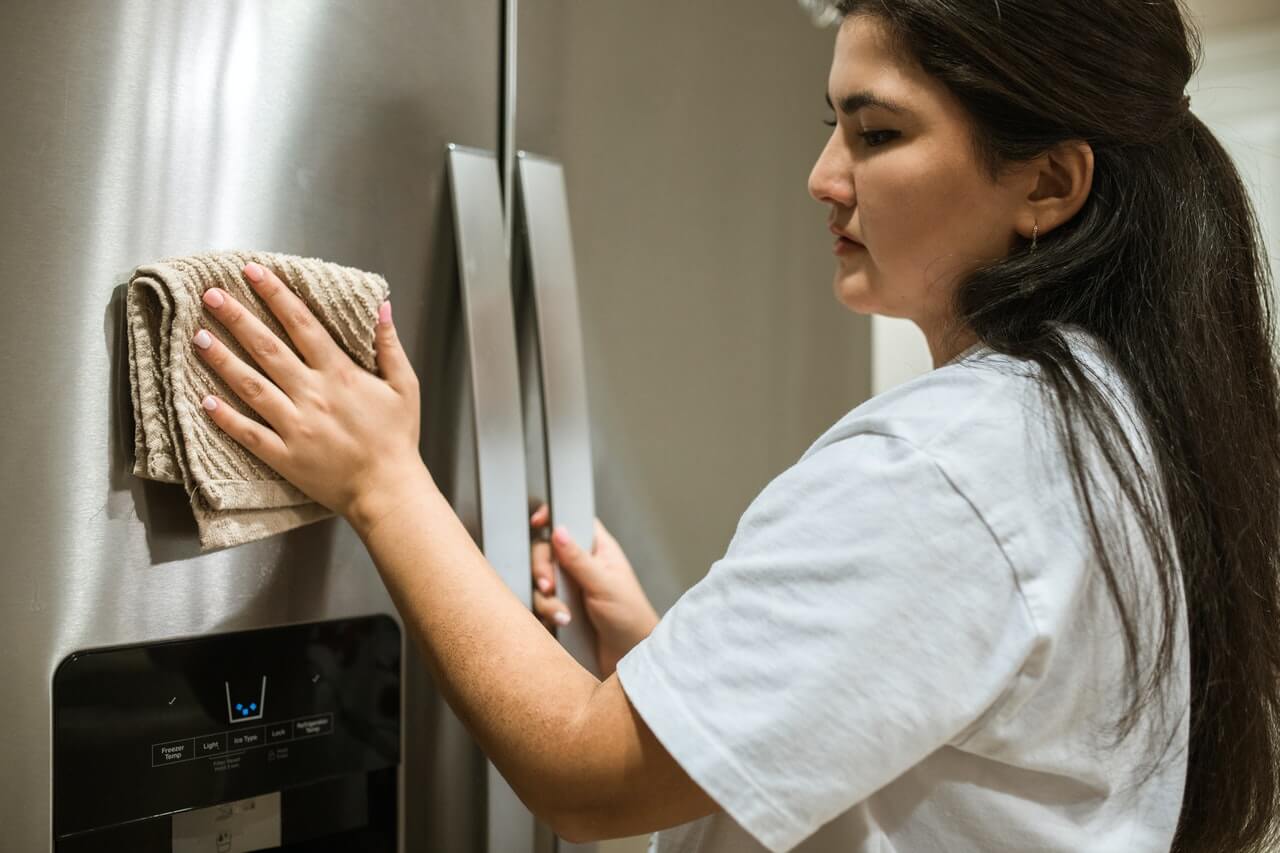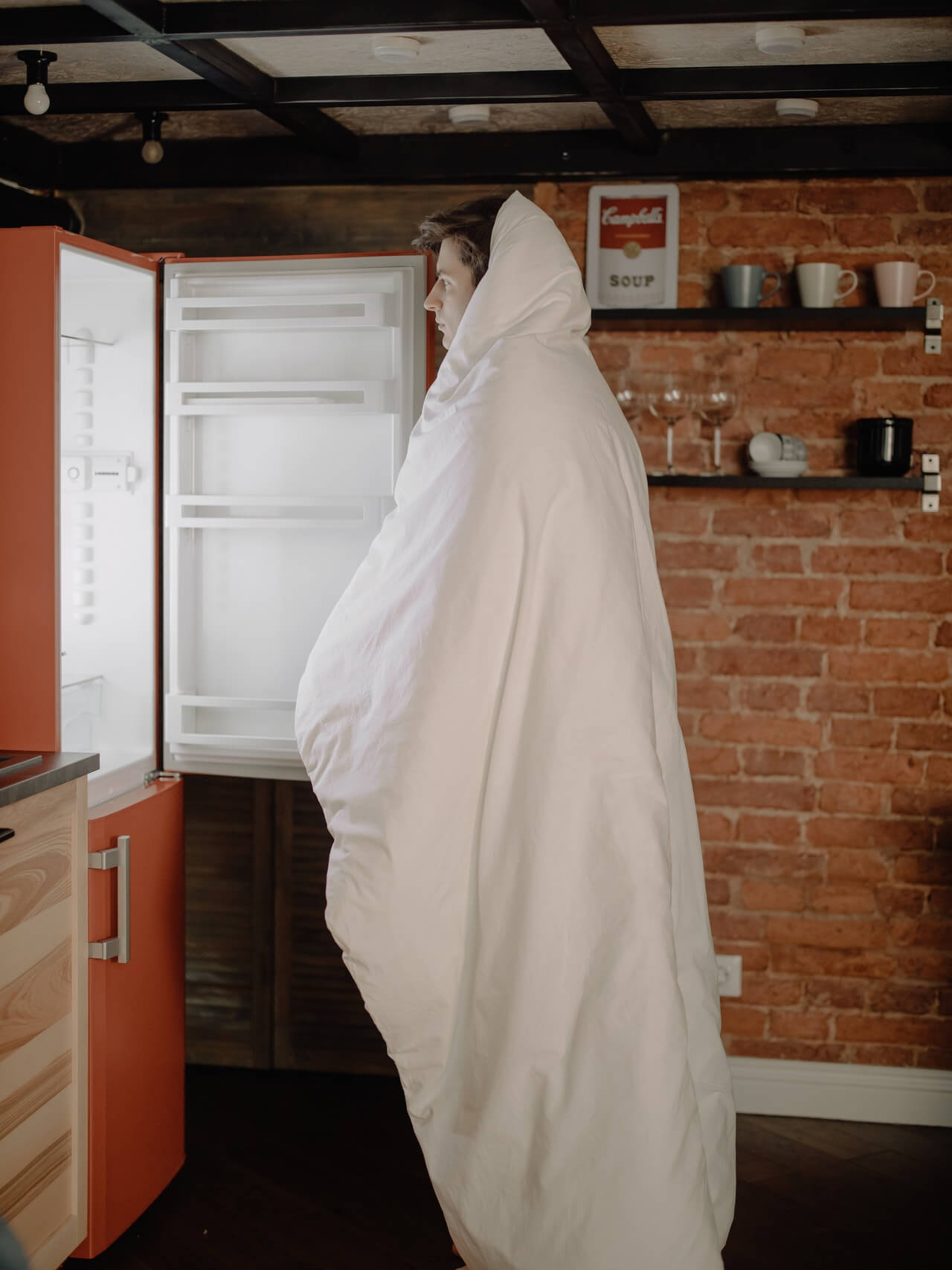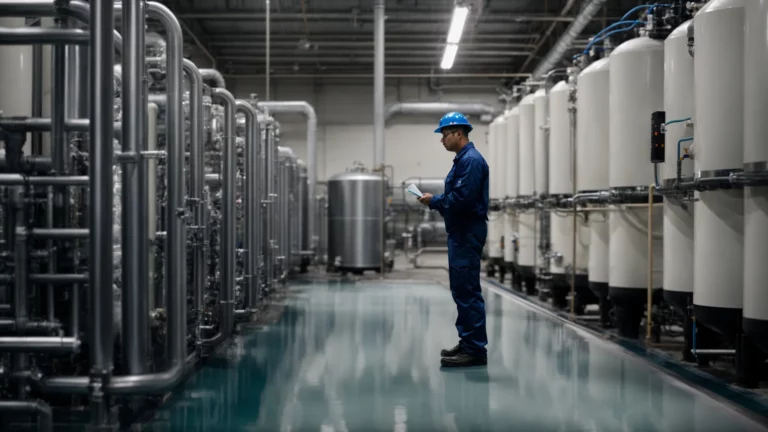Portland is an amazing place to live, but we all know what can happen when powerful Pacific Northwest windstorms take down the power. And sometimes, once the outage is fixed, you find that something is still wrong with your refrigerator. You need a troubleshooting guide to figure out what might be wrong and what you can do to fix it.
Poor cooling is normally the first signal of a problem with your appliance: usually when you notice that carton of ice cream starting to melt in your freezer. Start with the easiest troubleshooting fixes listed here and move up from there.

Check the power
Make sure the fridge is plugged in and that power is getting to it. It’s always possible for a plug to get knocked out. Checking the fridge light is a fast way to determine whether or not electricity is the problem.
If you’ve just been through a power outage, there are some other possible power issues to check. Once the power comes back on, it has a tendency to surge, and this could cause the breaker to flip. Turn the breaker to the on position, but if it goes off again immediately, leave it alone and call refrigerator repair in Portland.
The same surge of electricity could also damage your electrical socket. You can use a digital multimeter to determine if the socket is getting power and how much. If those are working but you still have no light on in your fridge, the surge could have damaged the appliance itself.
Check the door
Another common issue that’s relatively easy to fix is a door issue. Sometimes a fridge is warm because of something as simple as the door being left slightly ajar overnight. Make sure it’s closed very tightly and don’t open it for eight hours. Check again, and if the fridge is back up to temperature, you’ve found your problem.

Sometimes the door seal can be an issue, so if yours is worn out, replace it or call appliance repair to help you get your door back to normal.
Check the thermostat
Make sure your thermostat didn’t get turned down by accident or by a child playing with it. If turning the thermostat doesn’t seem to make any difference to your refrigerator, you can replace it fairly easily.
Clean off the coils
The coils either behind or under your fridge are critical to allowing heat to escape from the appliance. If these are too dusty, they won’t do their job correctly and the fridge won’t be able to cool. Vacuum the area thoroughly and wipe down the coils. Do this once a month to make sure they stay clear.
Make sure all the vents are clear
In the freezer you’ll find vents, and sometimes a fan, that keeps the cooled air circulating. If these get blocked, your appliance won’t do its job correctly. It’s not uncommon for people to throw things into the freezer and accidentally block up these vents.
Check the compressor
Sometimes the problem is an overheating compressor, and there’s a way to check that. Unplug the appliance and let it sit for two hours. This should be enough time to let the compressor fully cool down. If you plug it in and hear the fridge start back up, you know an overheated compressor is your problem.
Check the drain tube
Your refrigerator has a tube that leads from inside to a drain pan that sits under the fridge. This tube can sometimes get clogged, and that can interfere with the way your fridge runs. If this is the issue, you might see water in your fridge or ice building up on the freezer floor. Run a bleach and water mixture through the tube to clean in.
When your fridge doesn’t work, you can’t wait long to get things fixed. Try these troubleshooting tips, and if you still have problems, call a local appliance professional in Portland to get your refrigerator working like new again.












